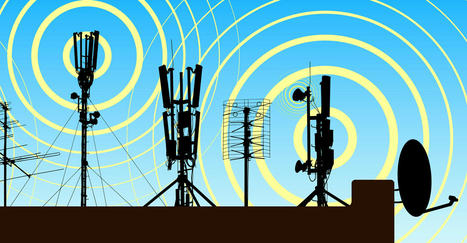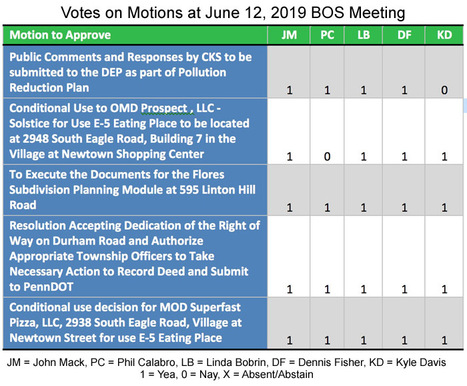A rodent problem is happening in Newtown Borough. And it has been confirmed by the Bucks County Health Department.
A 53-year resident of Jefferson Street told Newtown Borough Council on Wednesday that her home has been damaged from rodents that have eaten through her carpet, house plants, and numerous electrical wires.
“This is a big problem,” she said. “I’ve heard of other people having the problem.”
The resident, who has had to pay for rodent treatments, said she believes her former neighbor’s backyard chickens contributed to the infestation.
The resident told the council the “big problem” has left her up in the middle of the night banging on the walls to scare the furry rodents, which she believes to be rats.
After consulting with county health officials and the borough’s existing ordinances, borough officials began cracking down on violations that may lead to infestations: CHICKENS!
Council President Emily Heinz said that the county health officials stated to her that keeping chickens may contribute to rodent problems.
Any potential ordinance would not impact current chicken owners in the borough, but it could apply to future owners, Borough Solicitor Gregory Heleniak said.
Council Member Kris Bauman described the situation as a “serious rat problem” that is being exacerbated by chickens. He advocated for a ban on the introduction of more chickens.
Council Member Julia Woldorf warned that delaying a chicken ordinance could lead to more residents getting backyard chickens before any action could be taken by the town’s governing body.
The council will look at Langhorne Borough’s backyard chicken ordinance as part of the exploration process.
The council had mixed views and Heinz urged members to give the issue consideration. She noted it would be discussed next month.
The Bucks County Health Department issued tips for residents dealing with rodent issues. More about that here...



 Your new post is loading...
Your new post is loading...












Perhaps there's cock fighting happening in the Borough as was reported in Plumstead Townshhip?
Meanwhile,
Related Content:
What about Newtown Township? Do we "regulate" backyard chickens?